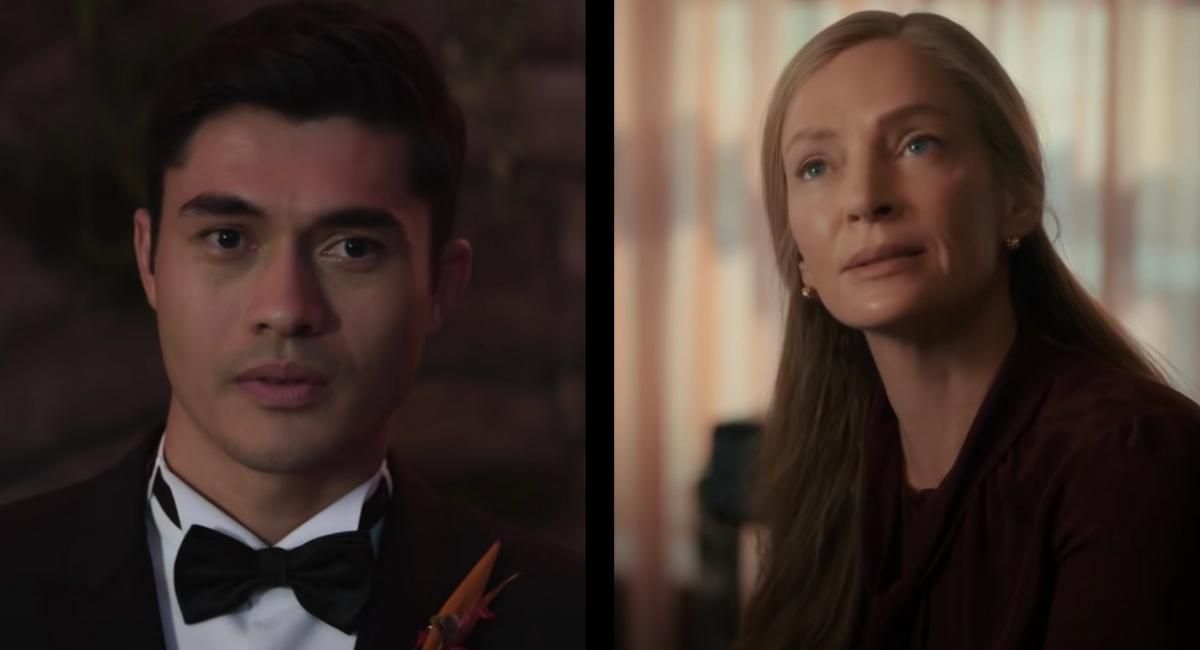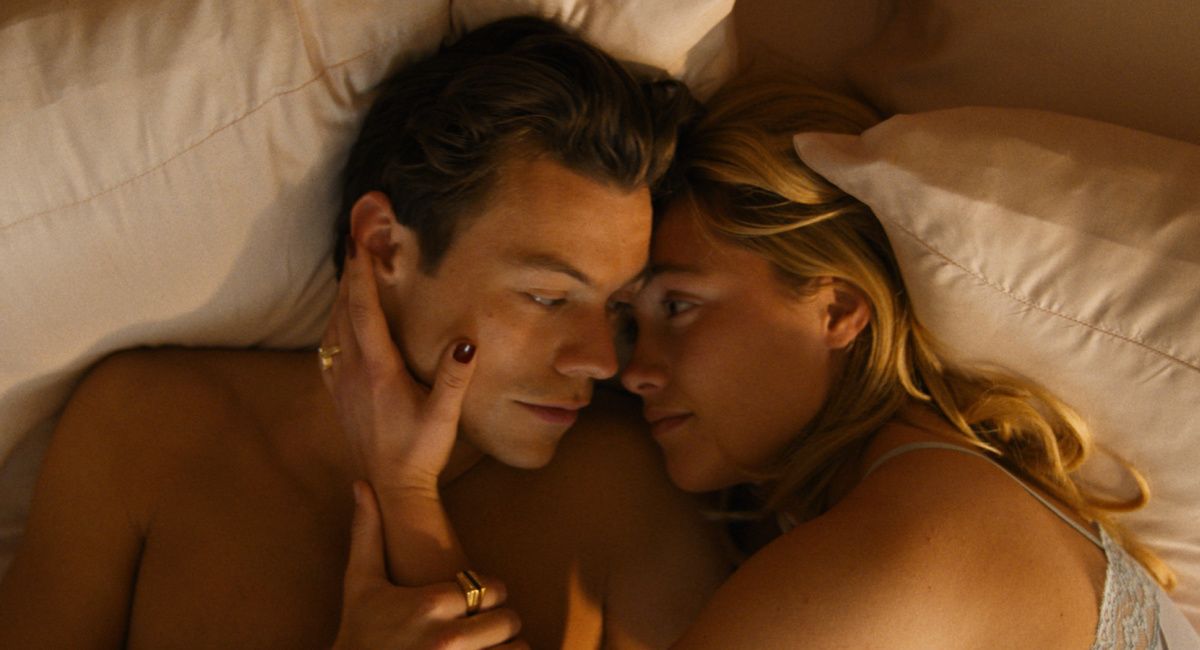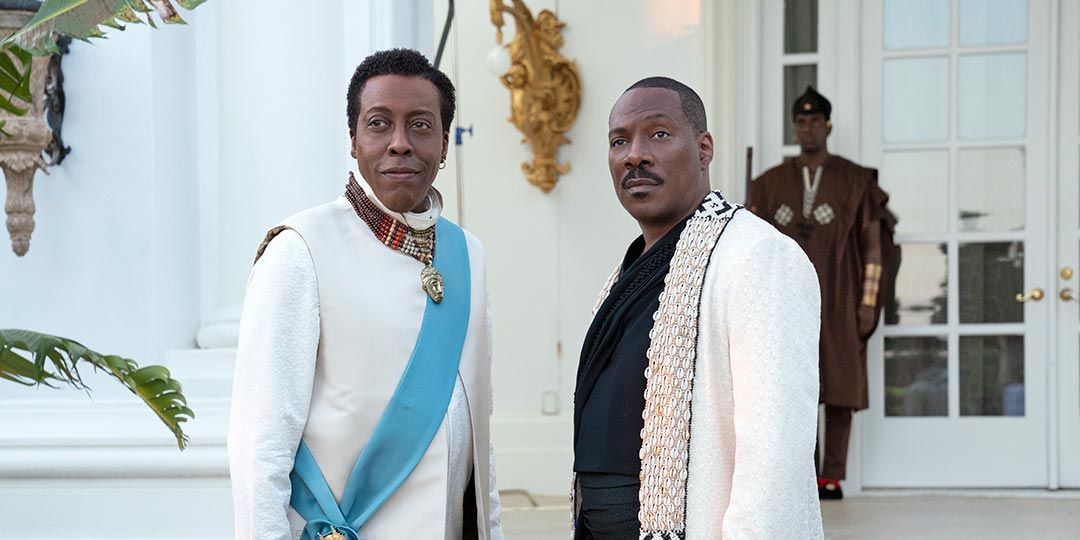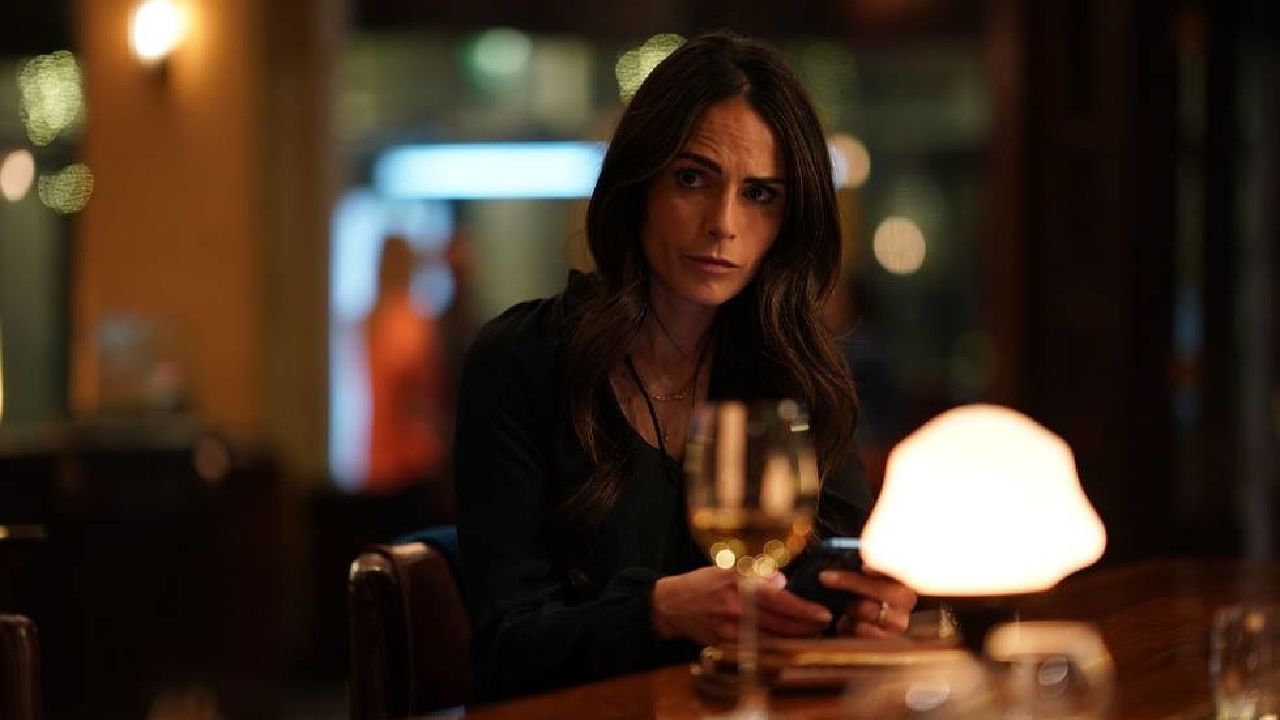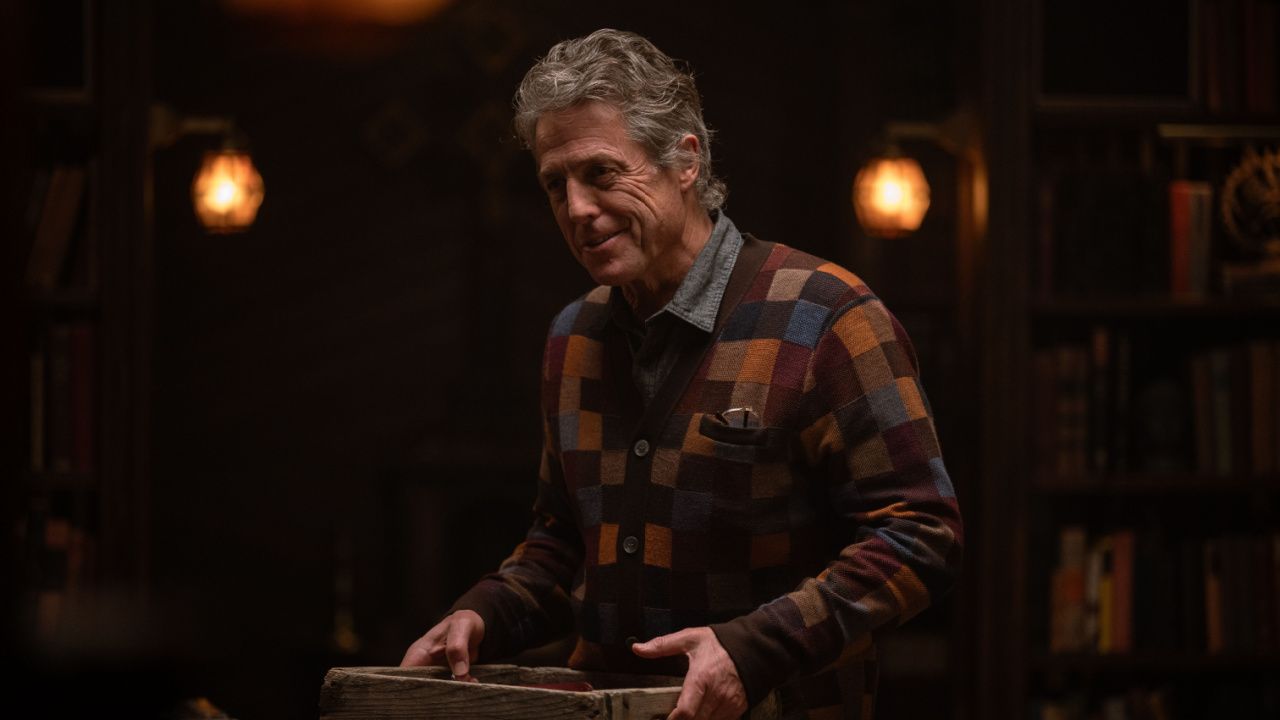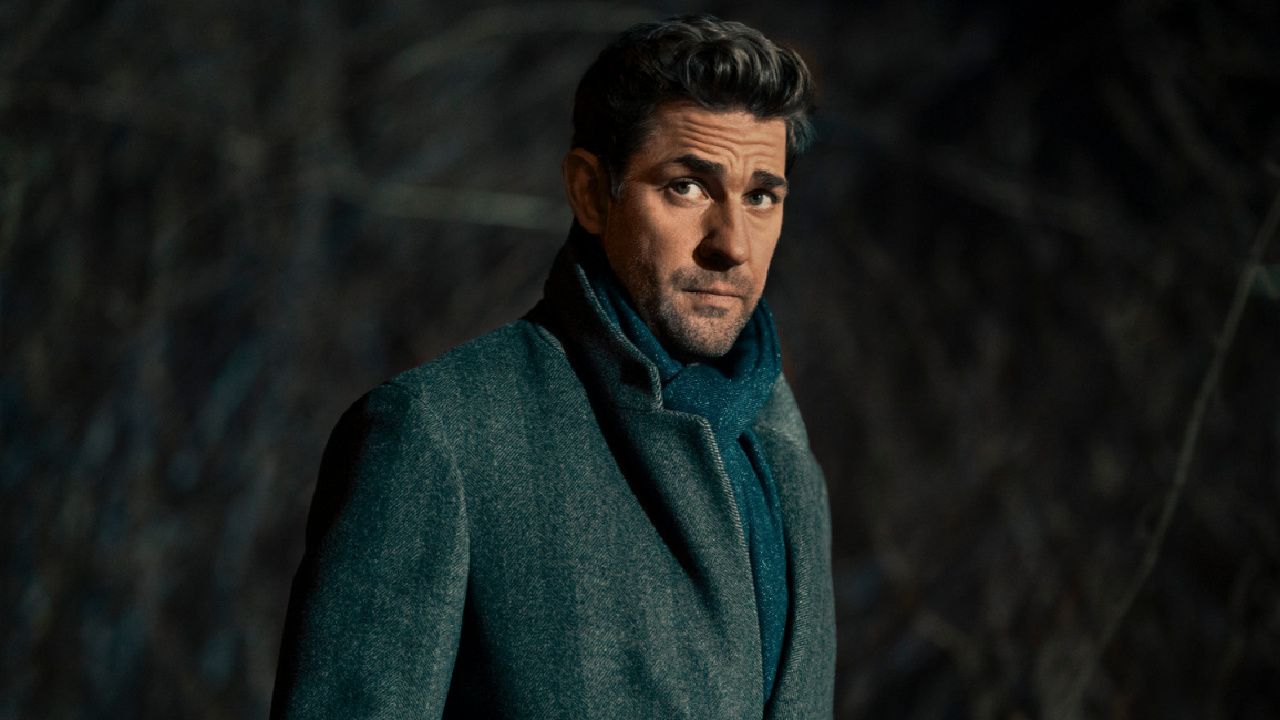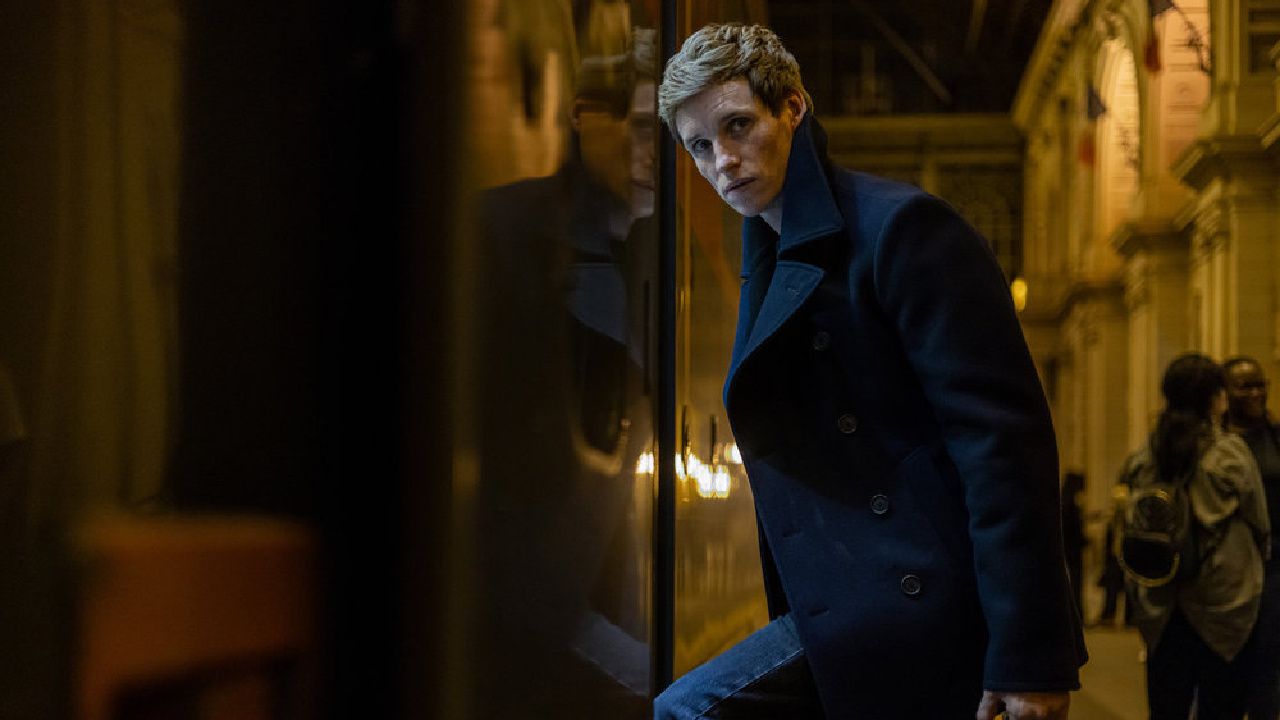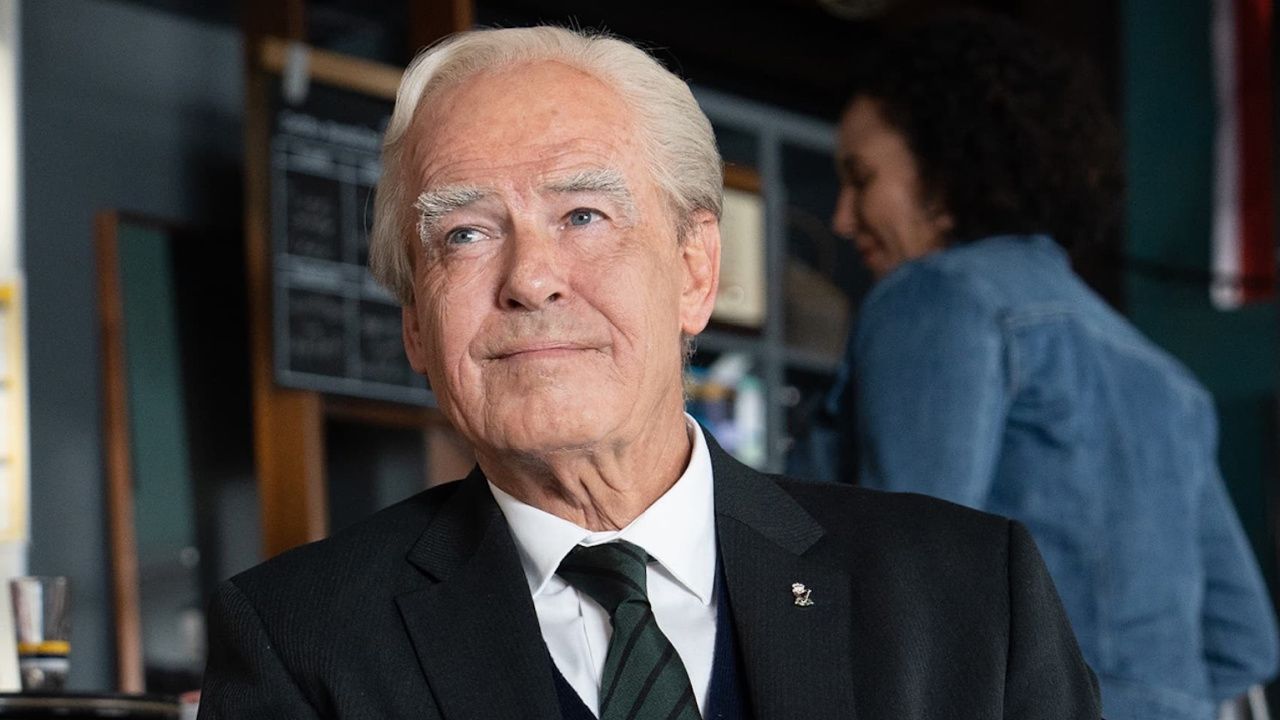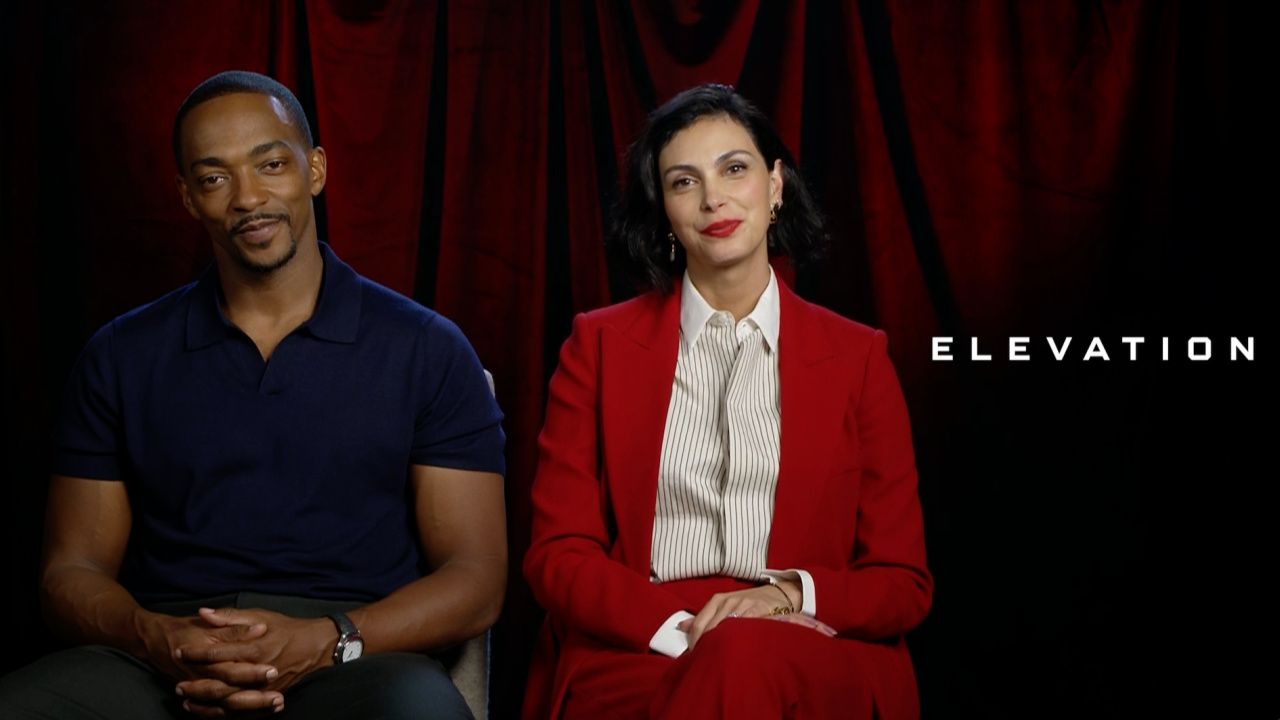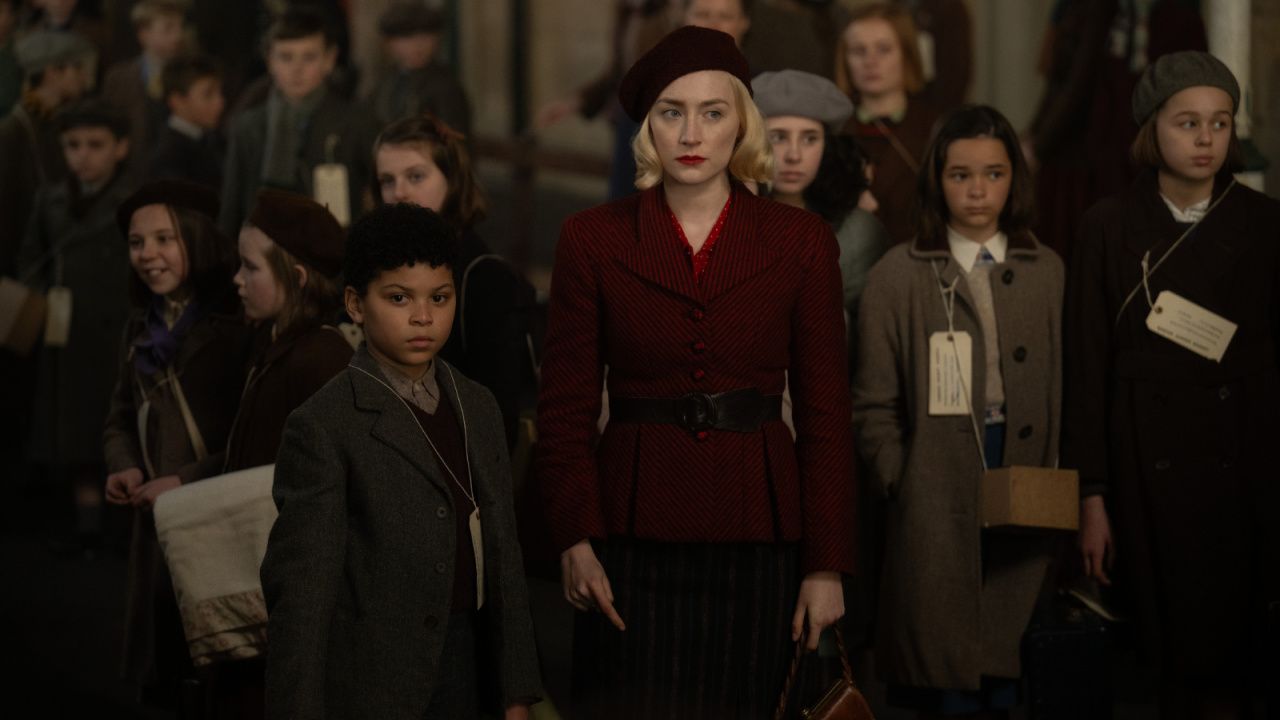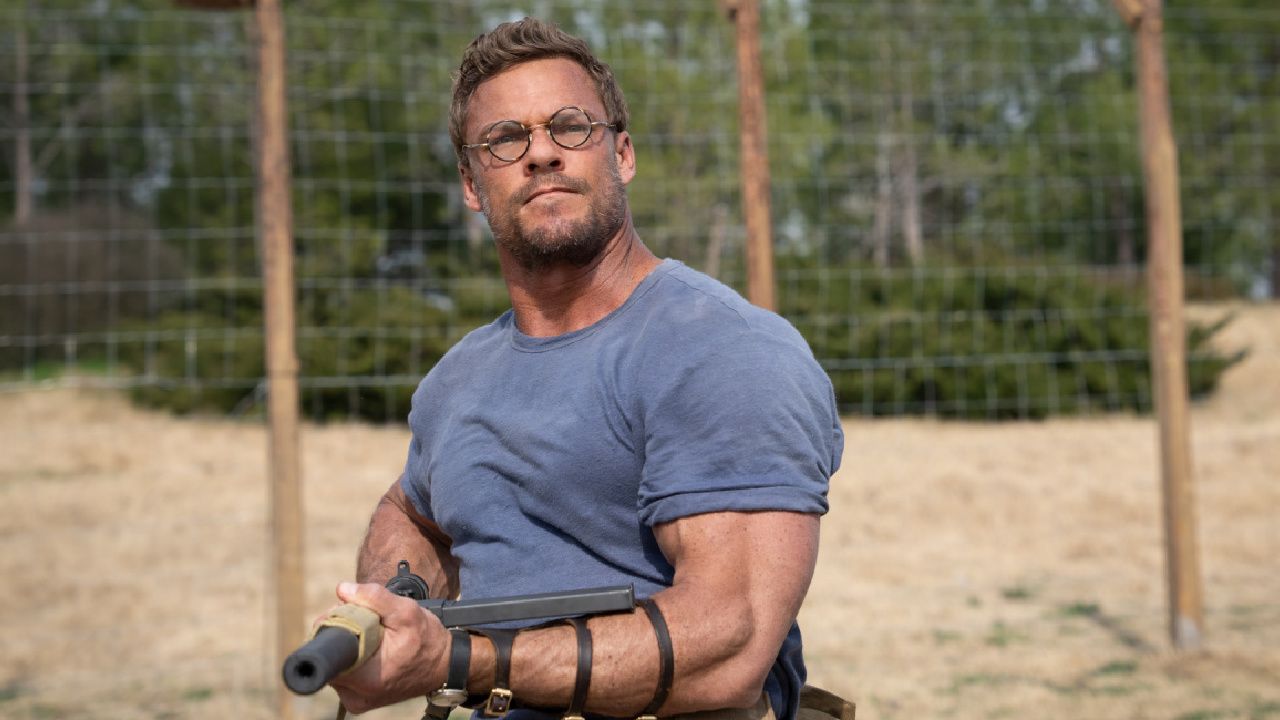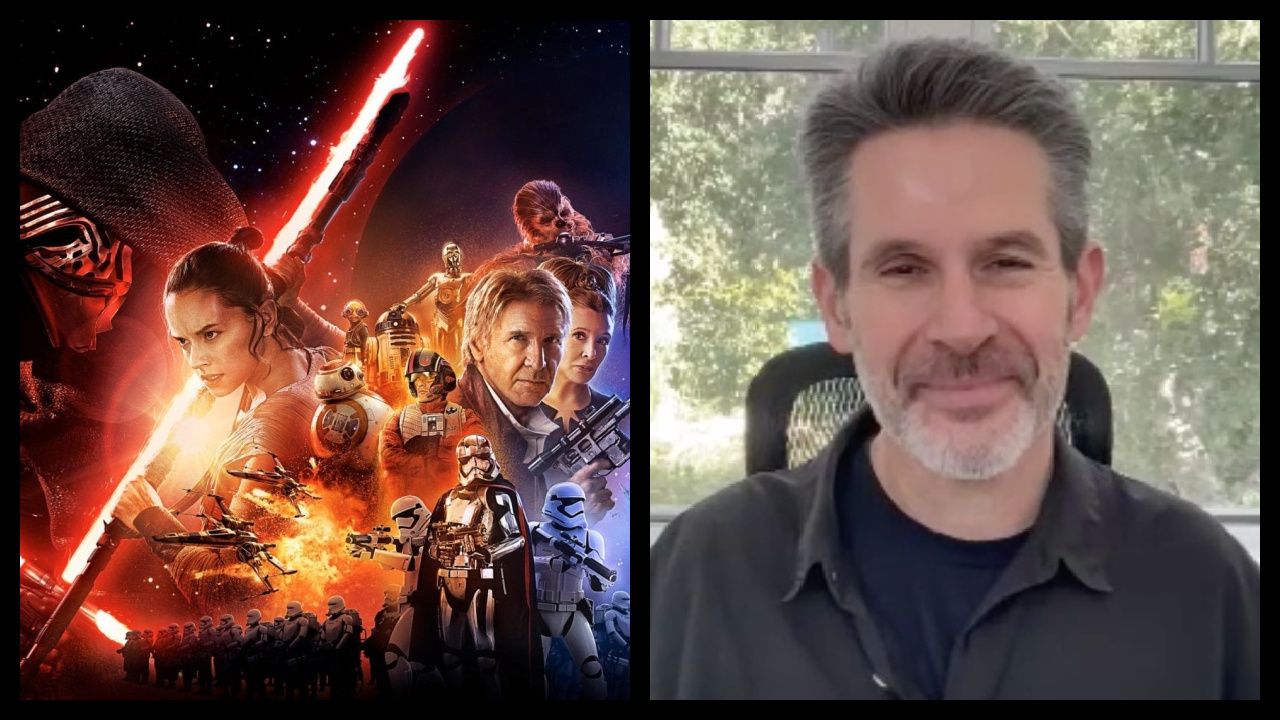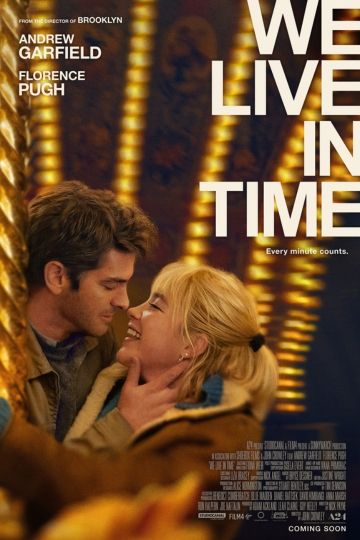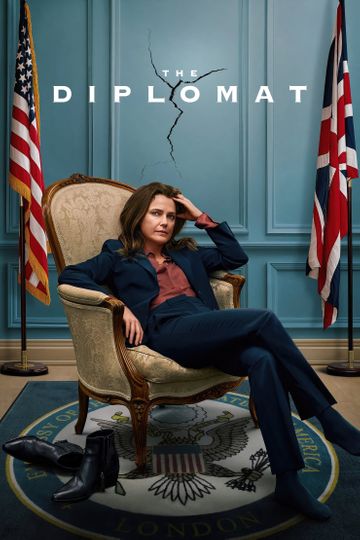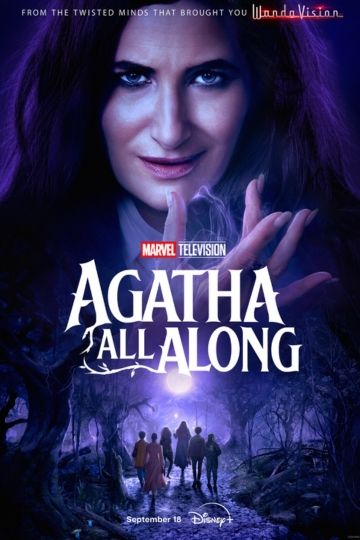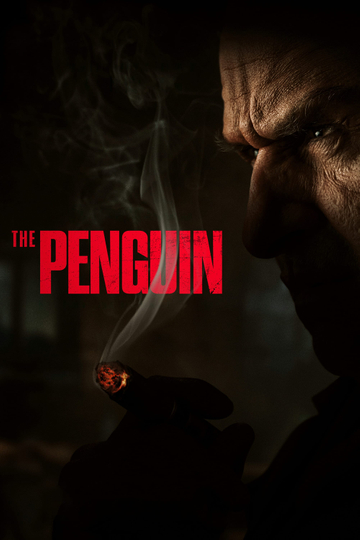Barry Jenkins 'If Beale Street Could Talk' on How He Pulled Off One of 2018's Best Movies
“If Beale Street Could Talk” offers an extraordinary adaptation of the novel of the same name by James Baldwin, about a young black man (Stephan James) arrested for a crime he did not commit, and the young woman (KiKi Layne) who fights to free him before the release of their first child.
With his breakthrough film “Moonlight,” Barry Jenkins proved himself a gifted storyteller capable of rendering the lives of characters audiences seldom see on screen with humanity and intelligence. Amplifying Baldwin’s work, Jenkins exceeds even his previous effort, counterbalancing issues of racial injustice and systemic oppression with a singular and transcendent portrait of the love between these two people.
Jenkins recently spoke with Moviefone about the choices that helped shape one of 2018’s very best films. In addition to discussing what about Baldwin’s story initially resonated with him, Jenkins talked about juggling the challenges of telling a good story and shouldering the responsibility of providing representation for a group too infrequently depicted on film. Lastly, he reflected on the seeds in the source material, and the decisions that he made both in the writing and directing, that helped audiences identify this as both an honest depiction of events and a powerful and inspiring message of hope.
Moviefone: What about this particular story by James Baldwin stood out to you among his very prolific body of work?
Barry Jenkins: Mr. Baldwin, he wrote nonfiction and he wrote fiction. He wrote essays, reviews, he was a critic, but he also wrote these novels and I felt like in this book there was just this fusion of those two voices -- the one voice that was very passionate about romance and sexuality and sensuality and then the other voice that was just as passionate about systemic injustice in American society, and holding that society up to a higher standard. And I felt like those two voices were just blended in the story of Tish and Fonny. And to me that was the difference.
What, if anything, do you feel like this story had that maybe you hadn't seen before on screen -- or that you thought that audiences had not seen on screen?
When I first read the book, there was an element of that and this idea of Tish and Fonny as soul mates. I had seen very few depictions of young black characters in that kind of a very extremely pure, almost fated kind of love. And so for me that was the thing that not that I'm looking for -- I'm not trying to fill a void, so to speak, but I did recognize that I haven't really seen this. I'm missing this kind of love.
Through Tish and Fonny there's a very real and palpable sense of the inequality and mistreatment that people of color have to deal with every day. What to you made this a story of hope rather than one of maybe kind of melancholy recognition about that truth?
I think part of it is the parity in the film between those dynamics. I think we do -- and Mr. Baldwin does this -- in the source material, so all respects and praise due to him, but I think for as much as we don't shy away from the trauma, the systemic injustice, and to be honest, the way that trauma reverberates into the families and communities, we also do due diligence about celebrating the love and the life -- there's literally a birth in this film despite all the despair and suffering, and I think that birth is presented in a way that almost inoculates them from the suffering and the despair that is going on in the world around it. And I do think that despite all the traumas that our characters face, in the end, the family is intact and the child is healthy. And I do think, in a very grounded way, that there is hope and optimism in that.
There's a real sensitivity, not only to the sexual assault did Victoria experiences, but to the way that the characters and the female characters in particular sort of regard her accusation when it's being discussed. How much of that was sort of baked into Baldwin’s writing and how much of that was sort of foregrounded as you were adapting it for the screen?
It was a combination of the two, and it wasn't as I was adapting it to the screen. It was just so much what's happening in the world at large. We filmed this in the fall of 2017 and we couldn't help but be extremely sensitive to that dynamic of the story. I think for me Mr. Baldwin is holding the system to task in a certain way in his novel -- that's the thing that's being interrogated and not this woman. She is not the antagonist in the film. Case in point, Fonny is not accused of anything. He's chosen out of a police lineup and he’s placed in that police line-up by an officer who has a vendetta, and by an officer who is willfully manipulating his power under the law -- and he doesn't care who did this to this woman. So she's been disenfranchised as well.
And again, it’s Baldwin, so it's always going to be dense. And I think the more we unpacked it, the more we understood that the sensitivity that we were keen to be aware of was already there in the text and it's why very early in the film we wanted to present Victoria Rogers. And Emily Rios did such a great job, and she looks directly at the audience because we want the audience to acknowledge her trauma just as well as the other characters do.
Talk more about that choice to have this direct engagement with the audience. How did you find the right moments to employ that as a way to connect as opposed to turning it into a gimmick?
You know, less is more with those things. And so that's why we filled them at a high frame rate. They’re always in slow motion because what I'm looking for when I'm on set and I'm always watching and listening to the actors is if there's a point where it seems as though the distance, the remove between the actor and the character has disappeared, I think it's time for the audience to look directly into the eyes of the character. That way it goes from passive empathy to active empathy. And so even if the shot lasts for, in the case of Regina [King], it's like a two minute shot, in reality, I think we filmed that at 60 frames per second. So in reality it's still a lot, but it's like 30 seconds.
But all of these emotions that the audience might miss, especially if the camera’s outside the actor, now we have to revel in those things. We must walk a mile or inhabit that character’s shoes and I think that's a very potent thing. And I think if used, I want to say wisely but also used very carefully and thoughtfully, those things can take a performance and really place the audience with the character.
The film portrays a really fascinating spectrum of relationships, some perhaps healthier than others. How universal did you see those as being, and then how inextricable did you see them from people within the African American community?
The idea of universality is never the goal. I feel like by making them inextricable, you almost make it universal in a certain way. The specific is universal - and again, these characters are a gift from Mr. Baldwin, so most of the work has already been done. But for me it's just about having extreme fidelity to that character's experience, because we showed this film in Rome, in Italy and it just never occurred to me that Italians could really get inside the lives of these Harlem-based black actors. And you have the scene with the two families coming together trying to find accord but ending up in this almost battle royale, and I had these Italian moviegoers say to me, that is one of the most Italian sequences you will ever see. And I was like, "oh yeah, I guess I could see that!"
But again, I'm not engineering this to be relatable to Italians. It's just about this one family. This is another family. And this is what happens when two families composed of very different people have a difference of opinion.
I feel it is often unfortunately foisted upon you as a director of color to represent or speak for your community or what people may consider your community. How eager or reluctant or you to sort of take on that responsibility?
I’m not eager per se, but I accept it. Yeah, it is a great responsibility, but I've also been granted great privileges, and there's a generation of filmmakers not far prior to mine that didn't have these same privileges and yet they shouldered a much greater responsibility. And so that's something that I acknowledge -- I must.
And yet at the same time, I think the goal for me is never to create quote-unquote positive imagery, but to create grounded and productive and imagery about telling the truth. And so it is something that always has to be taken into consideration because there's been such a dearth of stories featuring characters like ours, people who look like me. And so when they arise or when they arrive, there is a bit of an added weight attached to them and yeah, that requires a great responsibility.
"If Beale Street Could Talk" is now playing in select theaters.













